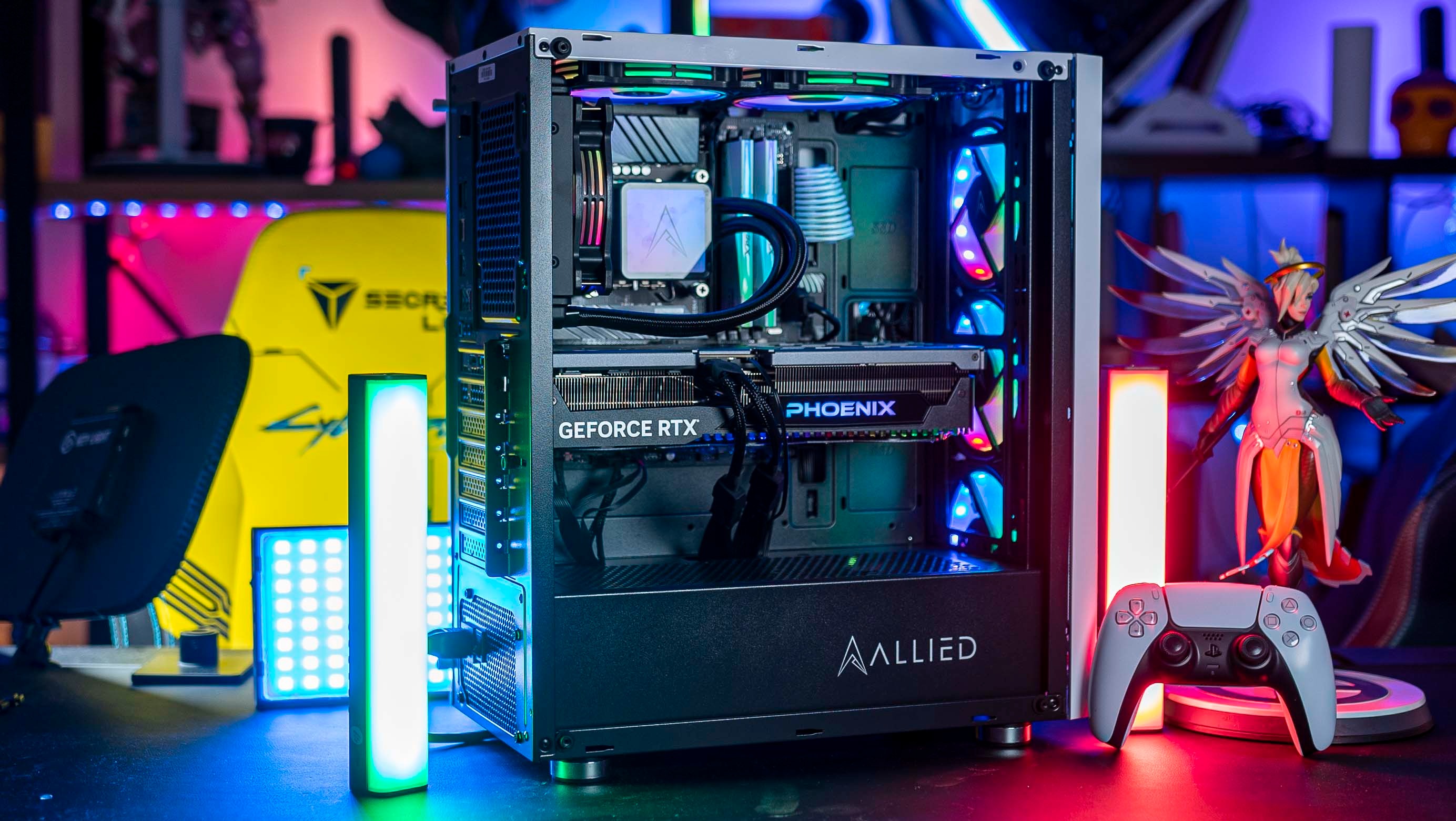
You know what, sometimes we take our Gaming PCs for granted... they are a workhorse like no other. Unlike a console, there's some maintenance that you should be doing to your priceless Gaming PC, just like you would to your house or car. We're going to run through some of those things now so that your Allied Gaming PC stays at its tippy-top performance.
Maintaining Your Allied Gaming PC:
Cleaning:
Optimising Software:
AMD Radeon GPU drivers download link
NVIDIA GeForce GPU drivers download link
Keep An Eye On Your CPU + GPU Temperatures:
We would recommend downloading some software to make sure your CPU and GPU are running at their optimal temperatures... you don't want one of them overheating now, do you? You can download MSI Afterburner and its sister software RivaTuner Statistics Server (which comes in the download package). Installing both of these lets you keep a closer eye on your CPU and GPU temperatures.
Avoiding Overheating:
Upgrading your components:

Additional Maintenance Tips:
Managing Cables:
I'm a huge personal fan of using velcro straps to keep my cables feeding into my Gaming PC neat, which is easy! They're a cheap, versatile, non-permanent solution to keeping your cable management game on point. You should have cables for your power, mouse, keyboard, headset, and others feeding into a single velcro-strapped managed line running near your PC. Nice and neat! This also keeps the tangled mess at bay, making getting to and accessing your Gaming PC super-easy.
HDD Maintenance (optional):
Anti-Virus + Security:
Check for Hardware Issues: